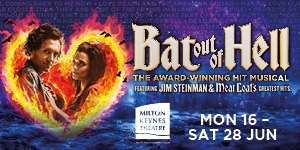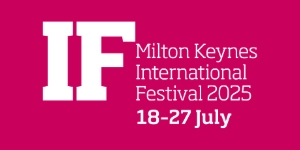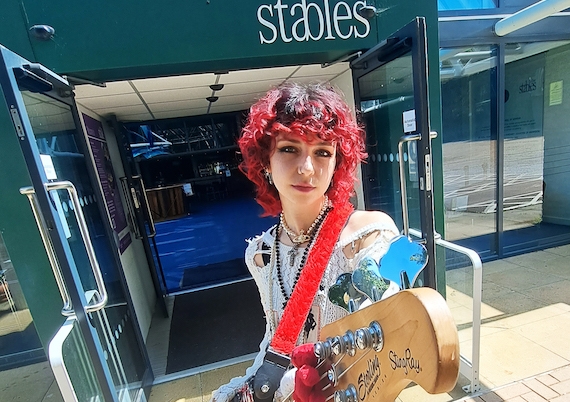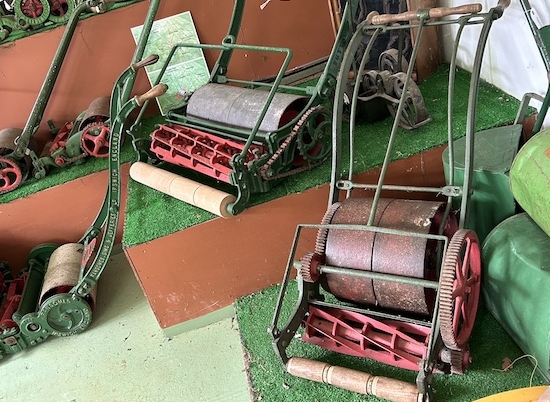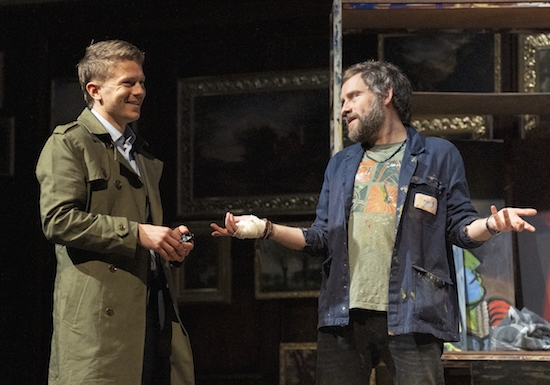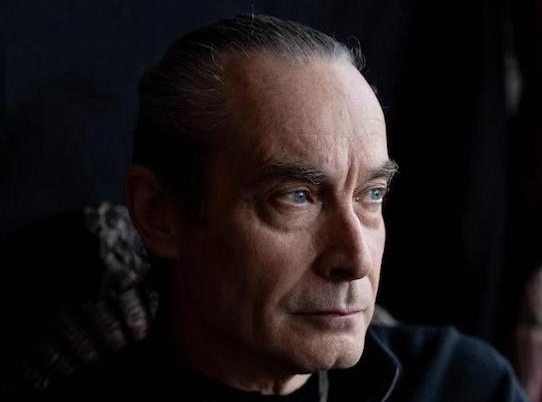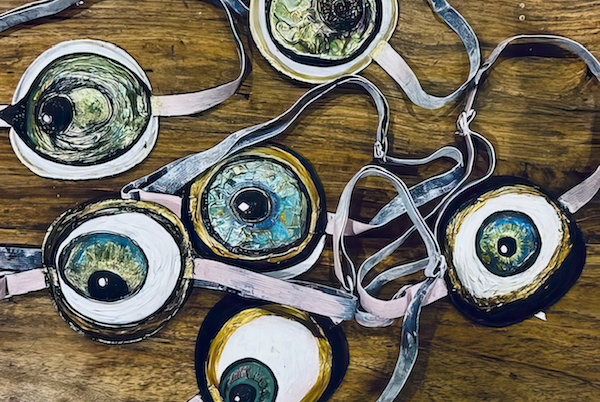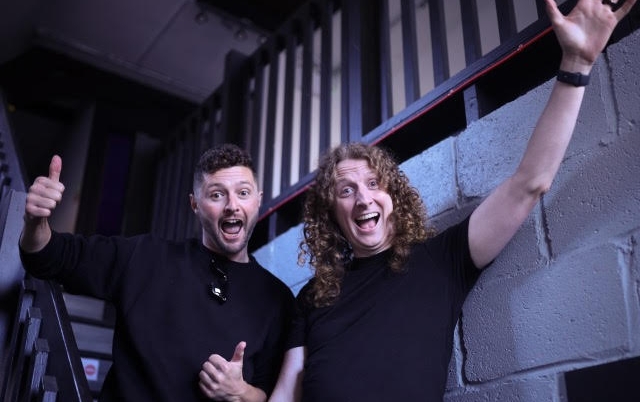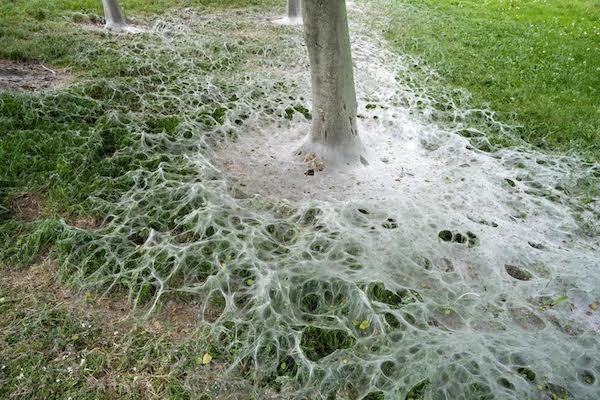Block H, now the home of The National Museum of Computing, has been selected as one of England’s ‘irreplaceable places’. Historic England’s Science and Discovery category judge, Professor Lord Robert Winston, has chosen Bletchley Park with specific reference to Block H because it is known as the birthplace of modern computing.
The commendation in Historic England's campaign A History of England in 100 Places, which is sponsored by Ecclesiastical, reads:
Bletchley Park, Milton Keynes, Buckinghamshire
Shortly before the Second World War began, the Government Code and Cipher School, in need of a safe and secret location away from London, moved to Bletchley Park in Buckinghamshire. Large, plain huts were built in the grounds and it was here that the Bombe machine, designed by Alan Turing, helped break the Enigma code. This was also where Tommy Flowers created the semi-programmable electronic machine Colossus, the world's first electronic computers. The crucial work of the thousands of people who worked in the wider Bletchley organisation, 75% of whom were women, helped shorten the war by an estimated two to four years and saved countless lives. Block H is known as the birthplace of modern computing because large-scale handling of bulk data began here.
Block H was effectively saved for the nation by the co-founding of The National Museum of Computing by Kevin Murrell and the late Tony Sale. Today the working Colossus Rebuild, created by Tony Sale and his team, stands exactly where Colossus No 9 stood during the war.
It is the key element of a display that tells the story of the Breaking of Lorenz, Hitler’s top-secret cipher, highlighting the work of Tommy Flowers, who created Colossus, and Bill Tutte, who deduced how the Lorenz machine worked. Their achievements helped shorten the Second World War and Colossus now marks a key milestone in the development of the digital age.
Kevin Murrell, a trustee of TNMOC, explains how Block H was saved: “In the early 2000s, the Bletchley Park Trust was about to sell off the Block H and surrounding land to developers, but Tony Sale and I felt that the building should be saved from demolition and that it could house our then embryonic museum.
The board leased the building from the Bletchley Park Trust and thereby saved it – and the Colossus Rebuild – for posterity. I am thrilled with this news – I can only begin to imagine the delight that Tony would have felt had he lived to hear the news. The rapid development of the museum in recent years has been enabled by generous sponsors, volunteers, staff and trustees, who include Margaret Sale, Tony Sale’s widow, and Tim Reynolds, whose support especially through our onsite neighbours Bletchley Park Capital Partners, has been invaluable.”
The accolade for Block H comes as The National Museum of Computing is about to celebrate its tenth anniversary. In ten years, the Museum has, with the dedicated and expert work of volunteers, staff and trustees, and the generosity of sponsors, created an internationally acclaimed computing museum representing seven decades in the development of our digital world.
> Never miss leisure news in Milton Keynes - Follow us on www.twitter.com/thisistotalmk
And on Facebook: www.facebook.com/thisistotalmk



